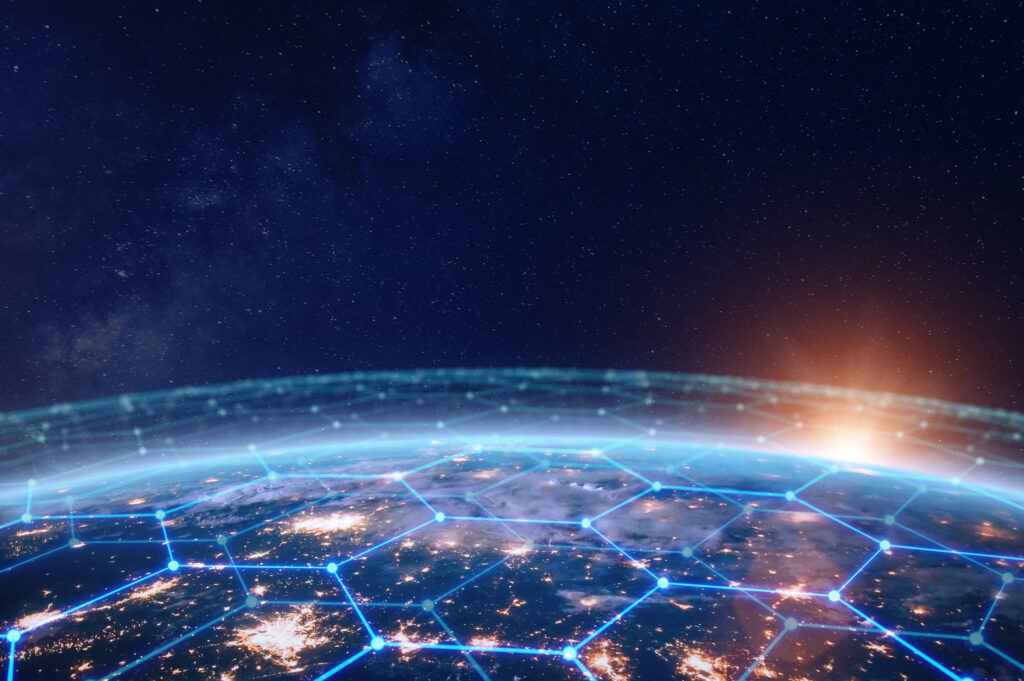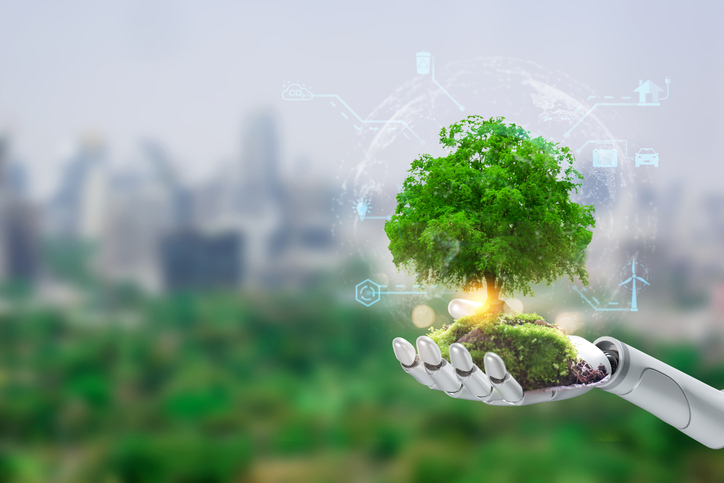Artificial intelligence is revolutionizing various industries unlike anything we've ever seen before. We previously tackled AI's relationship to Health Law and Real Estate. It only makes sense to tackle AI's impact on the environment next!
As legal professionals, understanding AI's impact on various fields of law is crucial. These tools may enhance efficiency, decision-making, and innovation, but they also present ethical dilemmas and other unforeseen issues. It's your duty to stay on top of these evolving trends so that you can effectively shape new policies. Our CLE will help you do just that. Whether you're looking to harness AI for smarter time management in your law firm or to stay on top of the latest in environmental law, we've got you covered.
Now read on...

When you think about it, AI and the environment might feel like two completely opposite ends of a spectrum. AI brings to mind futuristic robots in a corporate landscape, vastly different from unspoiled nature. AI has an insatiable demand for energy. Training a single AI model requires massive computational power, relying on data centers that take up land space and utilize high amounts of electricity to power operations. Here's an alarming fact: Ireland's data centers consumed more electricity last year than all of its urban homes combined. This rise is demand for data processing and AI learning has raised concerns about climate targets for the country. This begs the question: Does artificial intelligence's benefits outweigh its environmental costs?
That's not the only issue. The AI boom requires high-performance hardware such as GPUs (graphics processing units) and semiconductor chips, leading to an increased demand for rare earth minerals such as lithium, cobalt, and nickel. Mining operations for these materials often result in soil degradation and water pollution. Technology is moving fast and constantly being upgraded, which means this hardware is quickly being replaced and contributing to electric waste, a growing global concern.
All of these concerns raise important legal considerations. How can we minimize our carbon footprint despite this growing technology? How do we incentivize companies to pursue renewable energy sources for AI training, hardware recycling, and responsible mineral sourcing? Should water and energy consumption limits be placed on tech companies operating large AI data centers? Certainly some food for thought.

Despite its significant footprint, AI still has the potential to mitigate environmental damage when used correctly, making it a double-edged sword. AI-powered algorithms help scientists predict extreme weather events with greater accuracy, allowing governments to prepare for hurricanes, floods, and other natural disasters. In fact, Google has an AI-based flood forecasting system that has improved warning times by up to 48 hours in high-risk areas! With these systems in place, we can easily receive warnings and take action from there.
Ironically, AI can also help with energy efficiency and water conservation through predictive analytics. By predicting demand, it can improve efficiency and reduce waste. These tools can be used to assist in tackling climate change. Though it might take a lot of energy in the beginning, it might be a worthy pursuit in the long run.
AI's environmental impact raises critical legal and regulatory questions, as it always does. In the case of the environment, the question is who bears the responsibility for AI's carbon footprint? The government? The company that trained the AI? Those who are utilizing it? Speaking of, how do we utilize it responsibly? AI has shown us that it makes mistakes and can't completely be relied on. How do we monitor compliance?
One thing is for certain: AI is here to stay. The question is, will we regulate it wisely to protect our environment or will we let it become another unchecked contributor to climate change? The answer lies in the hands of policymakers, environmental lawyers, and advocates like you.

It's difficult to set standards when AI is advancing at such a rapid rate. That's why it's important you stay at the forefront of the conversation.



